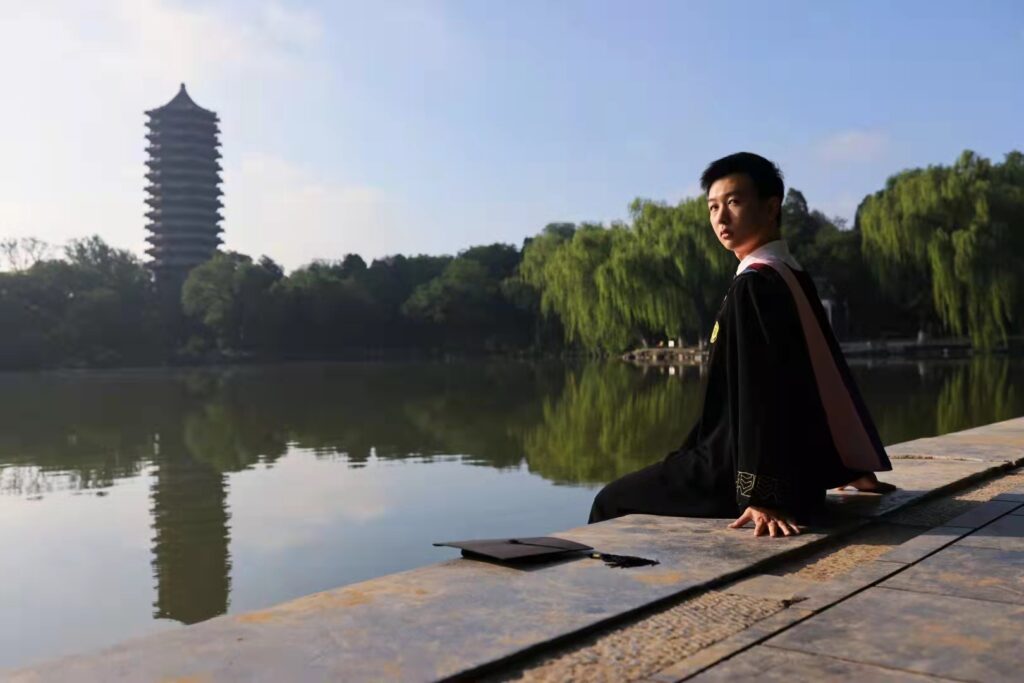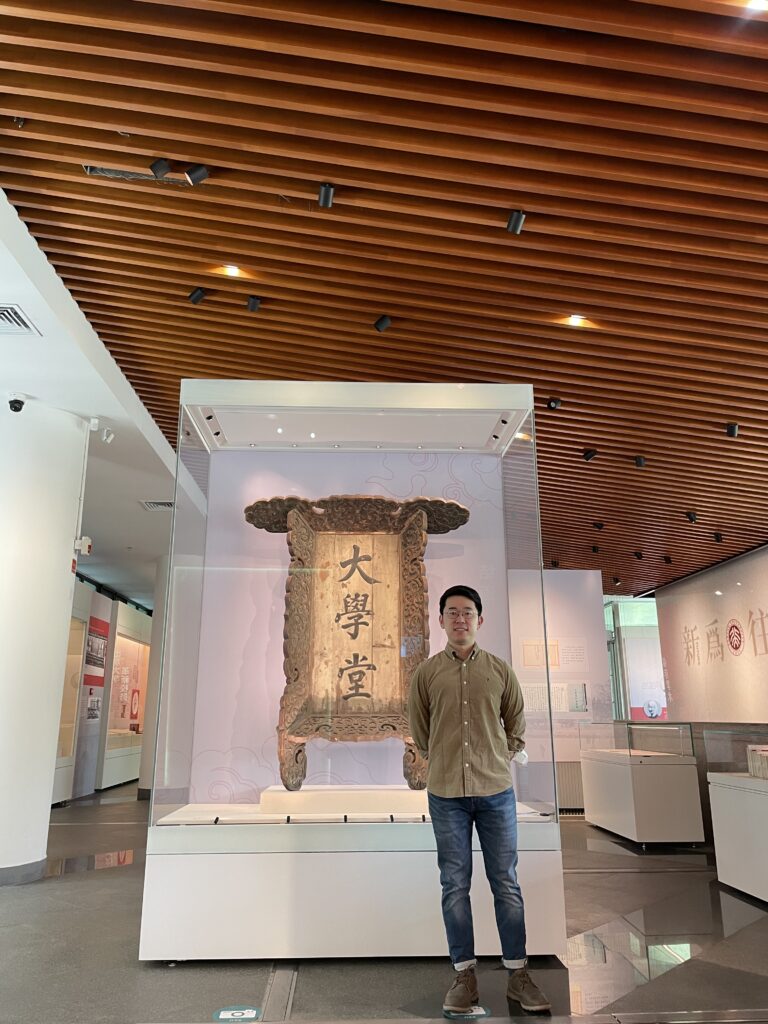Launched in 2019, USCET’s Samuel “Sandy” R. Berger Memorial Fellowship nurtures the next generation of Chinese leaders in US-China relations, honoring the legacy of former National Security Advisor, diplomat, and political consultant Samuel Berger (1945-2015). USCET has supported six Berger Fellows since the 2019 launch, with applications currently being accepted for the 2022 cohort.
Selected as top students and scholars from Peking University’s School of International Studies (SIS), Berger Fellows complete a competitive application process and receive support for their field research from the Fellowship during their time at SIS. We spoke with three recent Fellows about their academic and career trajectory and the impact of the pandemic on their research:

ZHANG Chengyang (2020 Fellow) the youngest recipient of the Sandy Berger Memorial Fellowship, received his bachelor’s degree in International Politics from Peking University in 2021. He is currently pursuing a master’s degree at Stanford University’s Center for East Asian Studies. Chengyang’s research looks at assertive behaviors of state actors, focusing on case studies of post-WWII Great Britain and China in the 1960s.

LI Shuaiyu (2020 Fellow) received his Ph.D. in International Politics from Peking University in July 2022, completing a doctoral dissertation on the linkages between international political economy and American domestic politics. One of Shuaiyu’s main findings was that US government industrial policies are related to great power competition, such as that between the US and the Soviet Union, Japan, and now China. In the future, he would like to look further into how the US government designs industrial policies. Beginning in Fall 2022, he will pursue post-doctoral research at the School of International Studies and Public Affairs at Fudan University.

YANG Jing (2021 Fellow) is currently a Ph.D. candidate in International Studies at Peking University with a Latin American focus. While making progress on her dissertation, Jing has published multiple academic articles and several editorials. Jing’s research focuses on immigration, nationalism, and refugee issues in Latin America, particularly the Northern Triangle, and their impact on the neighboring countries. She will be attending the Autonomous University of Madrid in Spain as an exchange student in Fall 2022.
All the Berger Fellows were severely impacted by COVID-19 travel restrictions, hindering their research progress and field work. Chengyang and Shuaiyu were unable to travel to the United States to examine the policymaking process first-hand. Similarly, YANG Jing could not visit Latin America to gain insights directly from local citizens.
Despite these setbacks, the Berger Fellows remain optimistic about their future career prospects. Chengyang plans on applying for a Ph.D. program at an American University after completing his master’s degree at Stanford. Shuaiyu hopes to become a faculty member at a university in China upon finishing his post-doc research, as does Jing, who added that she would also be interested in working for the Chinese government or another organization focused on international relations.
We wish our 2020 and 2021 fellows all the best with their future endeavors. Applications are currently underway for the 2022 cohort – more details are available here (in Chinese).
Interviews conducted by USCET intern Megan Yao
